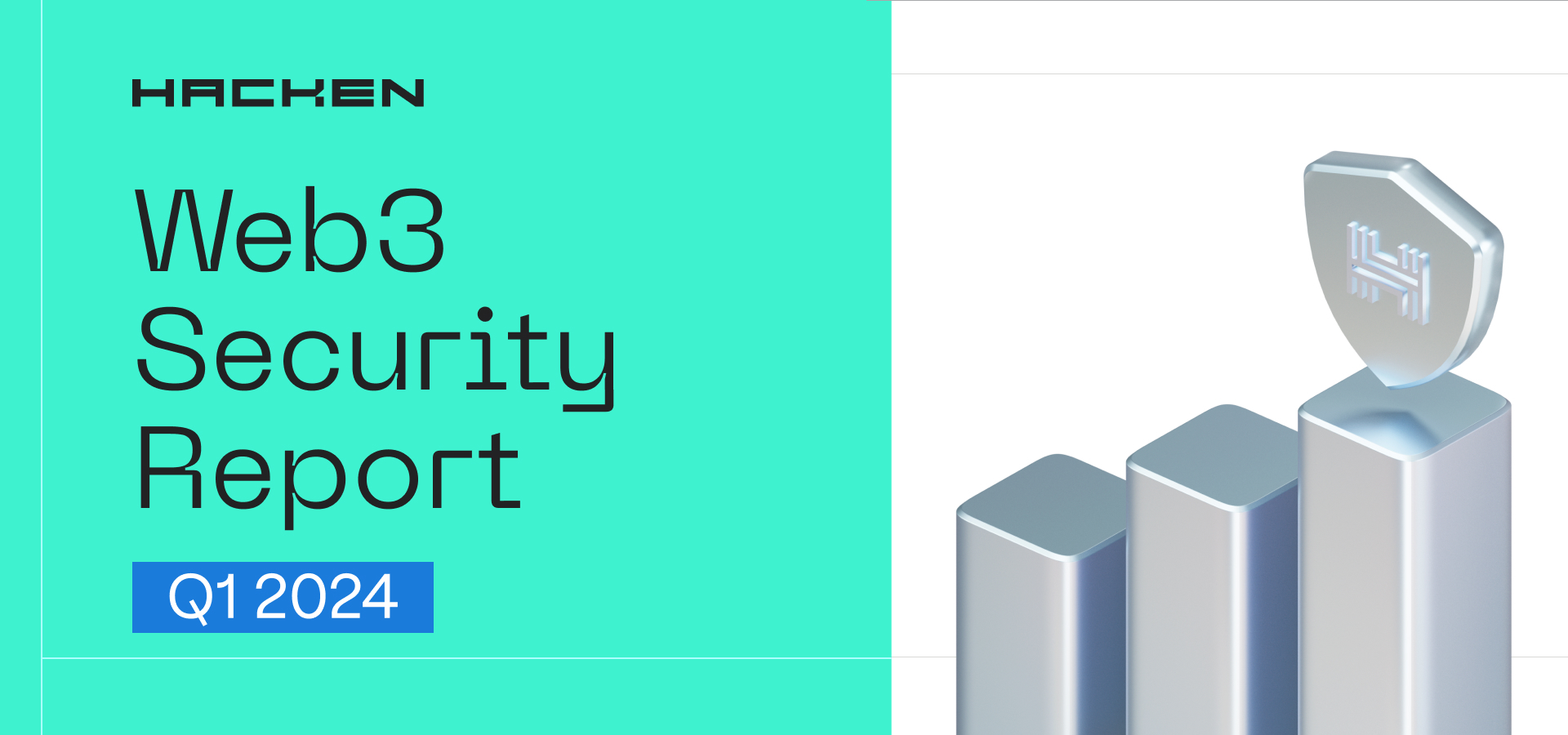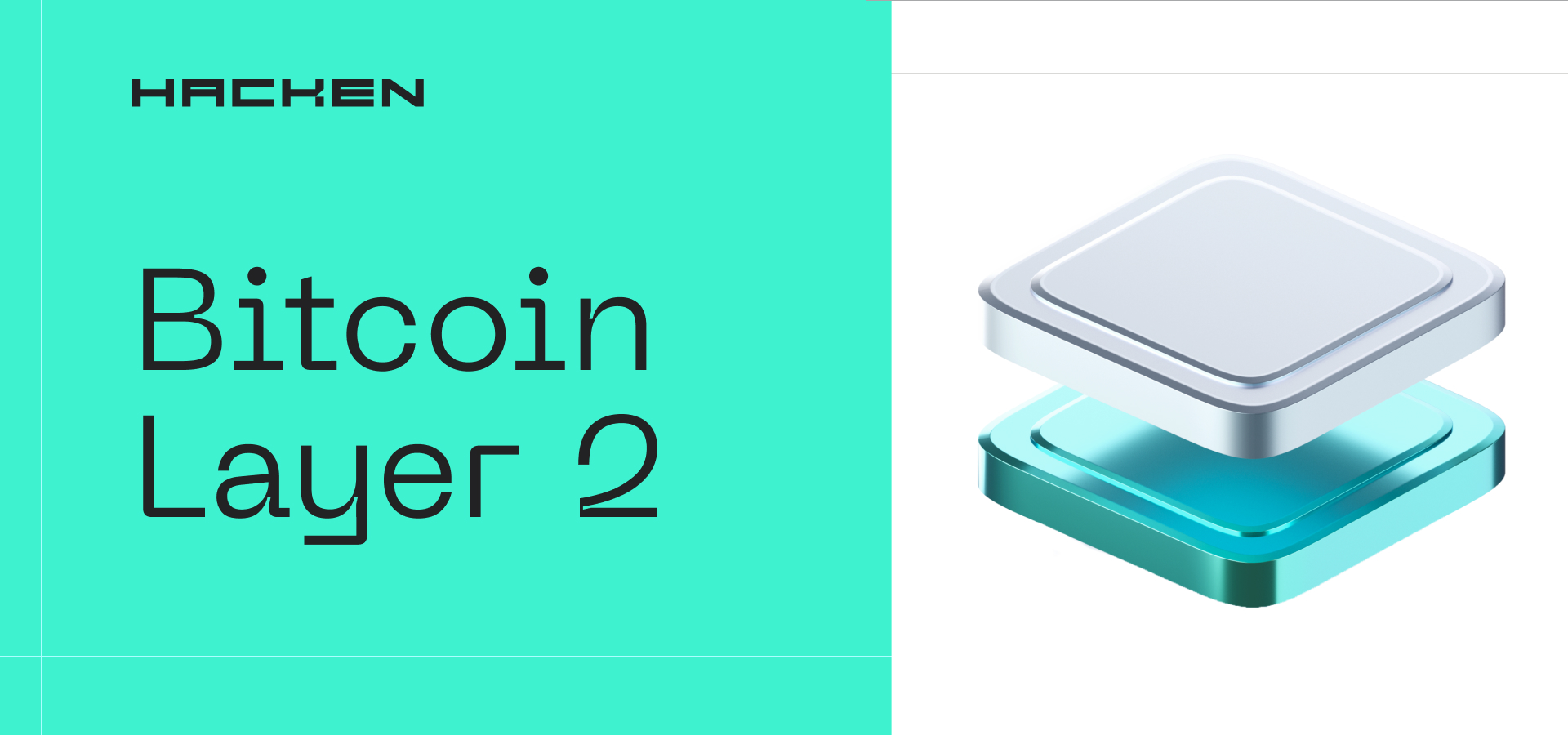The window to exchange $HAI for Hacken Equity Shares ($HES) is now open > Claim your spot today
Blockchain_
Security
Auditor
Join over 1,000 satisfied clients who rely on Hacken's team of experts and innovative products to keep their crypto projects safe and secure.
- 1000+
- protected clients
- 180+
- ecosystem partners
- 60+
- top-class engineers
- 6+
- years of expertise
Most popular audits
| NAME | AUDIT SCORE | PLATFORM | PROJECT TYPE | |||
|---|---|---|---|---|---|---|
| $83,142,900,000 |
|
| ||||
| $5,810,060,000 |
|
| ||||
| $1,338,360,000 |
|
| ||||
| $683,329,000 |
|
| ||||
| $551,862,000 |
|
|
- Smart Contract Audit
Mitigate weaknesses in your smart contract and improve its functionality with double line-to-line code analysis and a separate review by a lead auditor.

- Blockchain Protocol Audit
Secure the entire architecture and implementation layers of your blockchain protocol with professional security audits and testing.

- Proof of Reserves
Enhance transparency in crypto exchanges with independent on-chain proof of assets’ true collateralization.
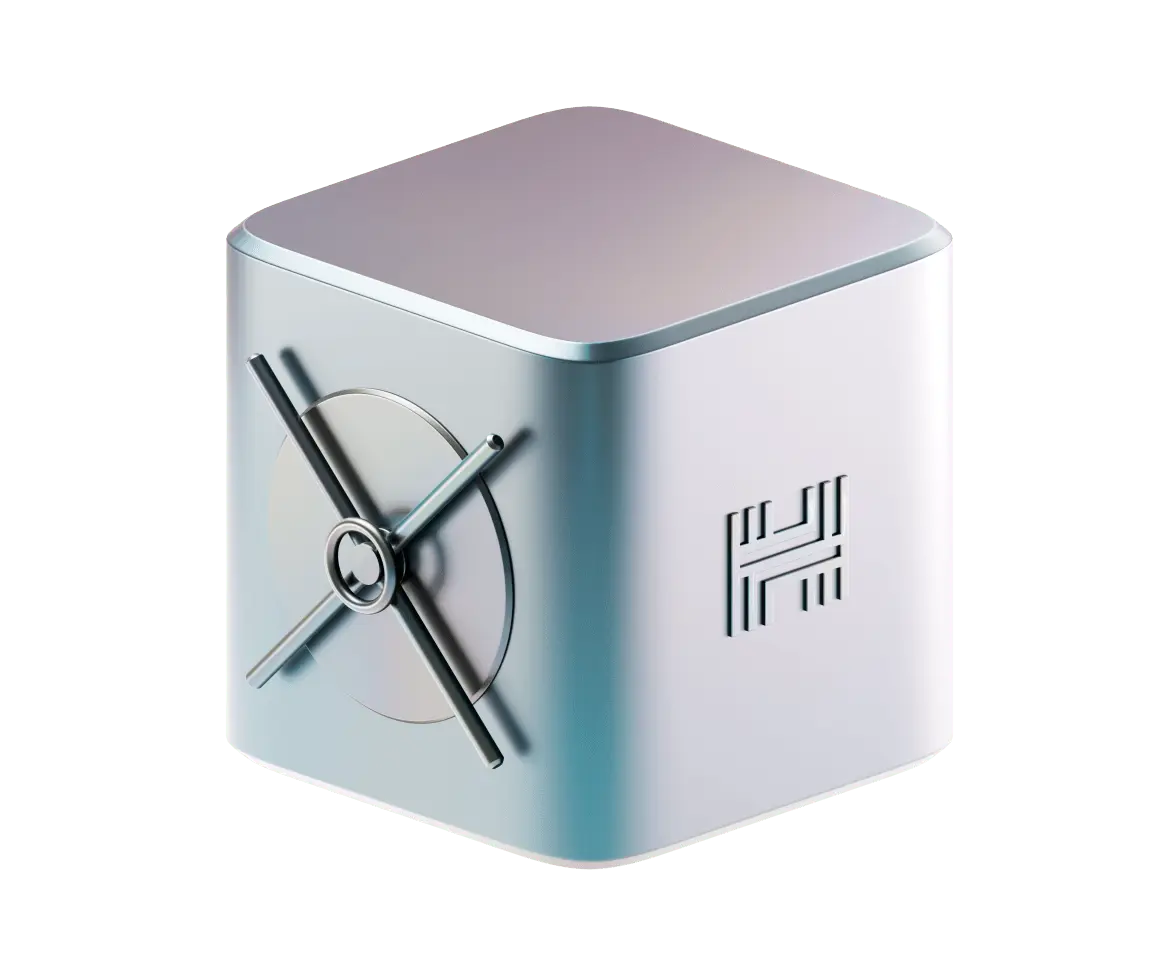
- dApp Audit
Identify vulnerabilities in applications interacting with blockchain networks with secure code review and static security analysis.
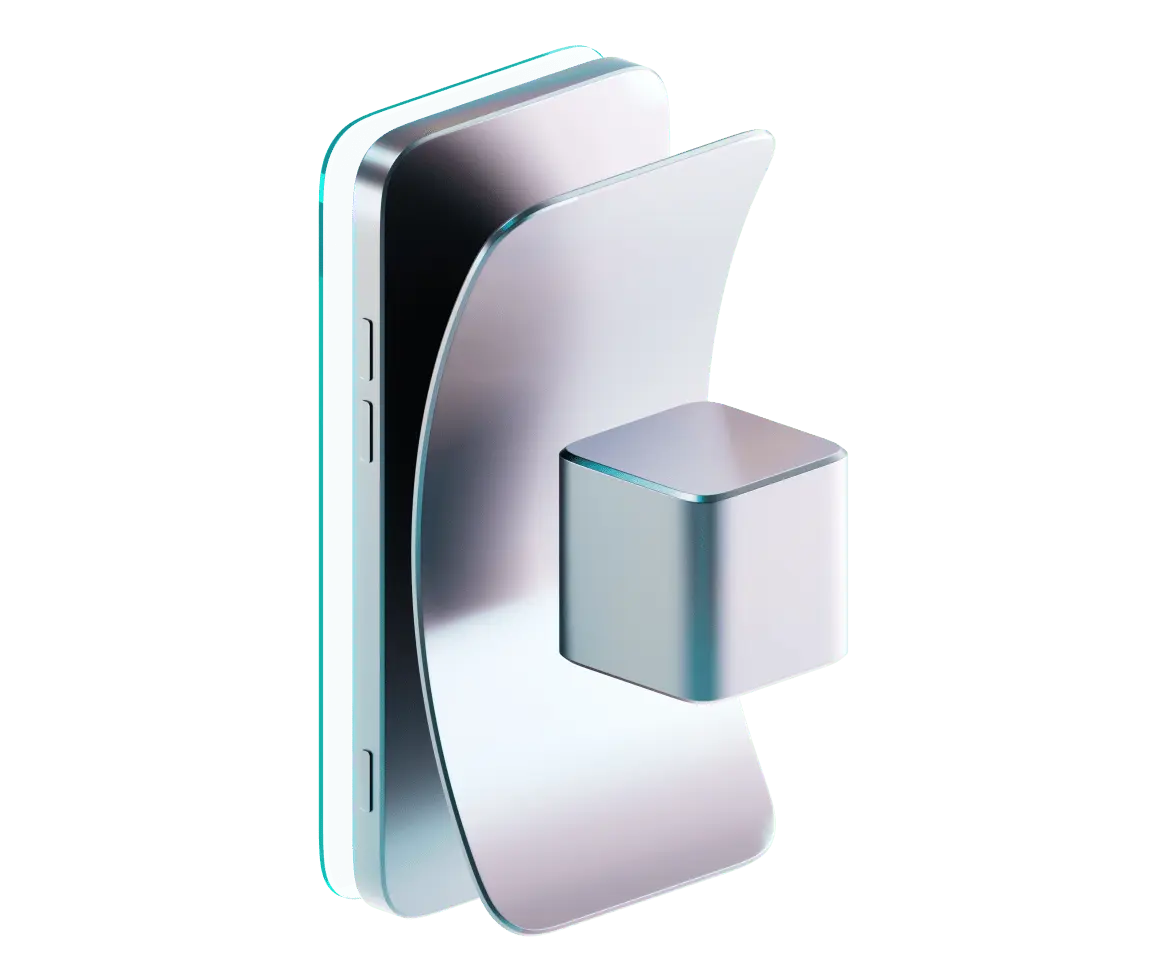
- Penetration Testing
Proactively detect vulnerabilities in your Web3 project by subjecting your systems to a simulated cyberattack in a secure and controlled environment.

- Bug Bounty Program
Receive only relevant bug reports or undergo crowdsourced penetration testing with the help of thousands of ethical hackers curated by HackenProof.

- CCSS Audit
Assess and strengthen your security practices, identify vulnerabilities, and safeguard valuable digital assets in the ever-evolving cryptocurrency landscape.

- Tokenomics Audit
Ensure your token model robustness and efficiency and convey trust to investors and community with our thorough, independent audit of protocol economic security.
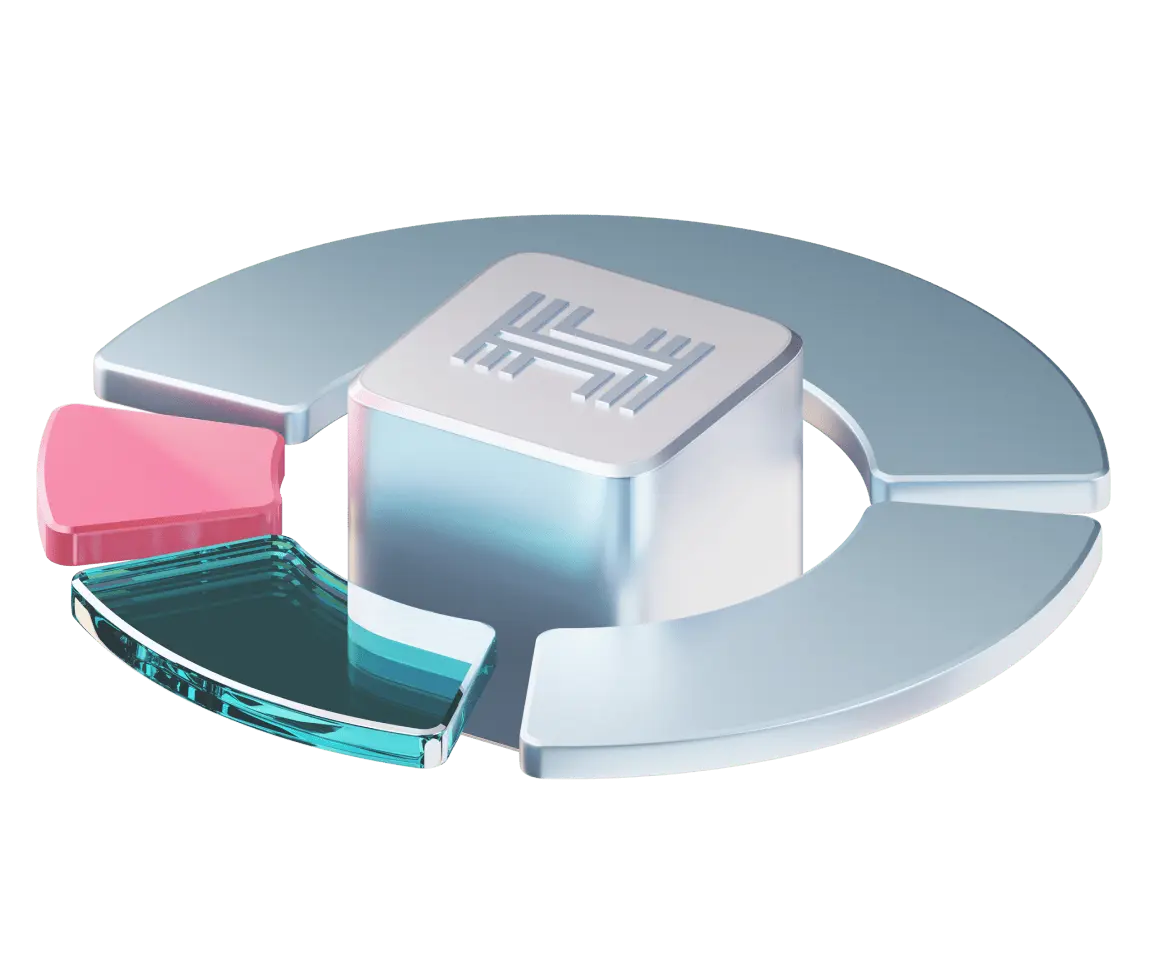
Clients say

"CoinGecko is excited about working with Hacken for our bug bounty program. We are well aware of the dangers that vulnerabilities may present to our users and this is one way where we take proactive steps together with Hacken to ensure and improve the safety, security, and integrity of our platform."
Booby Ong
Co-founder, CoinGecko
"Hacken’s work to analyze our recent Proof of Reserves update is a great example of the power of community feedback."
Binance
Binance
"We highly recommend Hacken to anyone in need of Web3 security services and a reliable partner for their blockchain initiatives. Their team’s professionalism and expertise in the security space have helped us to secure an ecosystem for our users."
Isha Tyagi
Technical Program Manager
"Hacken has provided mature security audits with a proactive approach, prompt communication and valuable security recommendations. We appreciate our partnership and would recommend collaboration with Hacken to anyone keen to strengthen their code’s resilience."
Aurora
Aurora
"Internal stakeholders are impressed with the work Hacken has completed so far. An organized team, they’ve managed the project well, never letting the six-hour time difference get in the way of productivity. Customers can expect an experienced and professional partner."
Tony Wei
CTO, Gate.io
"Hacken founders inherited quality, professionalism, and integrity from Deloitte, their ex-employer."
Sunny Lu
CEO, Vechain
"Hacken’s meticulous approach to the audit process ensured that our smart contracts were reviewed comprehensively. Their professionalism and dedication were evident throughout the audit."
EBSI
Ebsi
"Hacken has provided highly professional audits with outstanding quality. We are delighted to work with such a well-known and trusted security vendor."
Jason, Seong Ho Lee
DeFi Product Owner, Wemade
"As our security partner, Hacken’s team of experts is a pleasure to work with. Their persistence in making recommendations and solving problems is impressive."
Qevan Guo
Co-founder, IoTeX"Entrusting Hacken with a bug bounty program was the right call for us. They took care of all the routine processes and helped us make our products more secure."
Status
"They've extended their background and clarification on the subject to ensure the project's success."
Ruben Guevara
DevOps Engineer Security Oriented, PAID Network
Meet our leadership team



Before Hacken, I worked for many years in auditing. I’ve climbed the ranks of the Big 4 to become a Senior Manager at Deloitte, became a certified member of ACCA, and held top managerial positions. I’ve decided to channel my considerable experience in auditing and business development into Web3. I saw an opportunity in this growing global phenomenon.
In 2017, the crypto space resembled the Wild West. I’ve gathered some of the most talented people around the idea of bringing trust and ethics to the rising Web3. This is how Hacken came into life.
Before Hacken, I worked for many years in auditing. I’ve climbed the ranks of the Big 4 to become a Senior Manager at Deloitte, became a certified member of ACCA, and held top managerial positions. I’ve decided to channel my considerable experience in auditing and business development into Web3. I saw an opportunity in this growing global phenomenon.
In 2017, the crypto space resembled the Wild West. I’ve gathered some of the most talented people around the idea of bringing trust and ethics to the rising Web3. This is how Hacken came into life.



- Join our team
7+
Standalone ecosystem products (and growing)150+
People living and working in 21 countries globally



